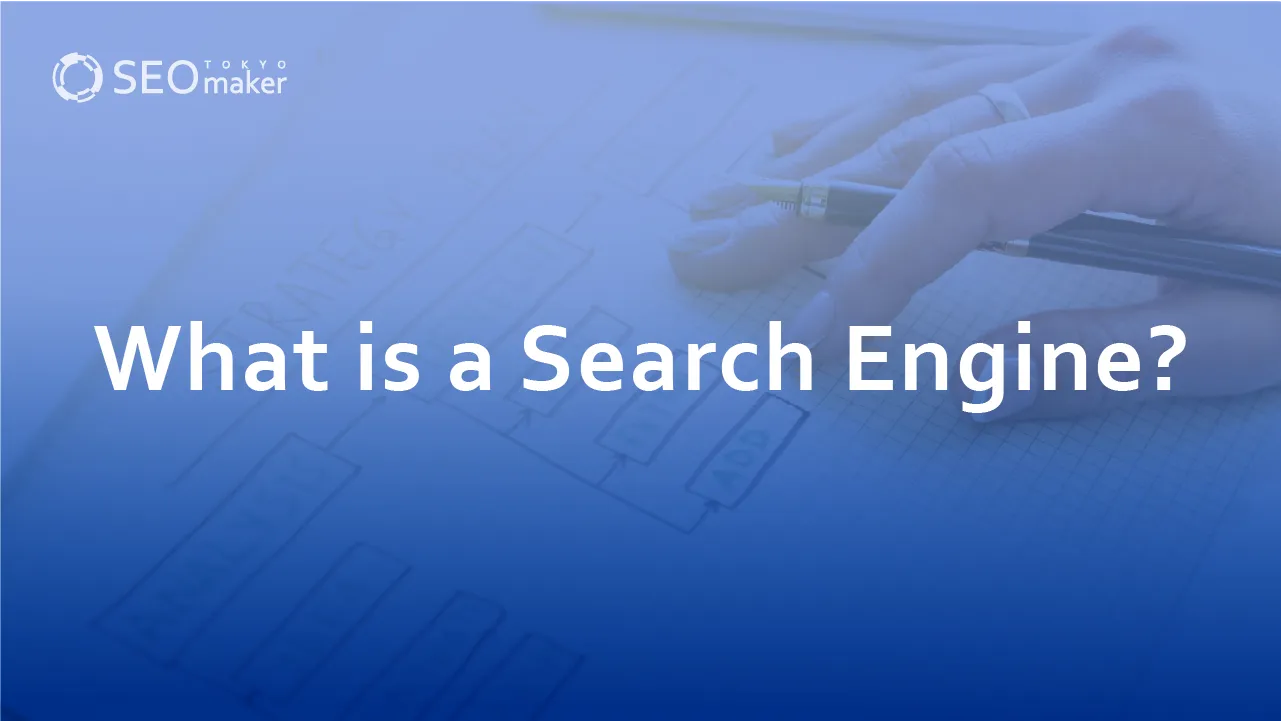What is Personalized Search? Explanation and Tips on Searching
contents

Personalized search refers to the functionality that displays search results tailored to the individual user’s search and web browsing history. Therefore, the SEO search results vary for each user. Moreover, even if the same user searches on both a computer and a smartphone, the displayed results will differ.
Personalized search increases convenience by showing websites that offer highly relevant information for the user. However, to obtain an objective evaluation of your own site, it is necessary to disable the personalized search feature.
This time, I will explain personalized search, including some important points to note.
What is Personalized Search?
Personalized Search (Personalized Search) is a feature that displays different search results based on the user’s activity and web browsing history. Additionally, even for the same user, the results displayed for the same search term can differ between a home PC and a work PC.
Search Results Vary by Device
In today’s world, it is common to use various devices such as computers, smartphones, and tablets. Even for the same user, the search results vary depending on the device used. Not only the ranking but also the way results are displayed on the search results page can differ. This is due to the Mobile First Index (MFI), initiated in 2018, which indexes websites shown on smartphones and tablets differently than those shown on computers.
MFI prioritizes crawling and indexing web content displayed on mobile devices such as smartphones and tablets, and displaying search results. With the proliferation of smartphones, the number of mobile users has increased, and enhancing the usability for mobile users is a major goal.
Recommendation Feature
The recommendation feature prioritizes web sites relevant to each user’s past search and activity history. This feature is applied not only to organic search results but also to listing advertisements.
Difference Between Personalized Search and Localized Search
Personalized search reflects search results based on each user’s activity history and visited websites. In contrast, localized search is based on the user’s current location and is useful for finding specific services like restaurants and clinics in a targeted area.
Factors Influencing Personalized Search
Personalized search is affected by the user’s activities, but the following factors also significantly impact the search results.
- The user’s current location
- Device used
- Recently searched content
- Social media posts
User’s Current Location
The most significant factor is the user’s current location. Google searches can vary greatly even with slight regional differences. For example, searching for “Ebisu ramen” will show popular ramen restaurants in the Ebisu area.
Searching “Shibuya ramen” will yield different results, showing how even nearby areas can have completely different outcomes.
This illustrates how the area being searched (including the current location) significantly affects the search results.
Device
The device used for searching also greatly alters the search results.
For instance, searching “diet” on a PC might show an article from House Foods as the top result and an article from Career College as the second.
However, searching “diet” on a smartphone might place an article from Glico first and one from Rakuten second.
Thus, the device can significantly change the search results. Mobile-friendly sites and smartphone apps tend to rank higher when searched on a smartphone.
Recent Search Content
Personalized search modifies the articles displayed based on the websites you’ve previously visited and the keywords you’ve searched. Although it’s unclear how far back the articles you’ve viewed are considered, your past history is analyzed to show you relevant articles.
Social Media Posts
Posts on social media and information about users you follow also influence personalized search. The content you post can significantly impact the content of the websites that appear in your searches.
Cautions for Using Personalized Search
In personalized search, the following points need attention.
- It’s not possible to accurately check your own site’s ranking.
- You cannot prevent the effects of localized search.
Inability to Accurately Check Own Site’s Ranking
Because personalized search bases results on each user’s activity history, search results vary by user. Thus, frequently accessed company sites tend to appear higher in search results. While personalized search is effective for exploring personal interests, it’s not suitable for objective inquiries.
Inability to Prevent Effects of Localized Search
Although there are ways to mitigate the impacts of personalized search, the effects of localized search, which reflects the search area, cannot be prevented. Making your site rank higher in localized search isn’t easy. It may involve including region-related content or increasing positive reviews.
Search Methods Not Affected by Personalized Search
There are three methods to conduct searches unaffected by personalized search.
-Utilize ‘&pws=0’
-Use search ranking check tools
-Use incognito mode
Using ‘&pws=0’
To check the accurate ranking of your site in personalized search, type the keyword and view the search results. Adding “&pws=0” to the end of the search result URL allows you to search without the influence of personalized settings.
Using Search Rank Checking Tools
Tools like GRC allow you to search without being affected by personalized search settings.
Using Incognito Mode
Incognito mode lets you browse in a window where cookies and browsing history are not saved. This means that previous user activity does not influence the search results.
Q&A on Personalized Search
What data does personalized search use as its basis?
Personalized search functions use data such as the web pages you’ve viewed, the keywords you’ve searched, and the location of the user to display search results. As a result, the rankings are highly relevant to the user.
What are the benefits for the general public?
The purpose is to enhance the convenience of web searches by analyzing and displaying the data you are looking for. Even if you don’t input the search keywords correctly, you can still obtain the necessary data.
Is there an SEO effect?
Since personalized search tailors search results to the needs of each user, it does not impact SEO directly. Objective data cannot be obtained through personalized search.
Summary
Personalized search displays search results tailored to users’ needs based on data such as their activity history and previously visited websites. Therefore, search results vary by user and are also affected by the device used. While it excels in meeting user needs, it is not suitable for checking your own site’s search results because frequently visited company sites tend to appear higher. However, using incognito mode or search tools, you can display search results that are not influenced by personalized search.










![What is a Description? Explaining the Meaning, Writing Style, and Changing Word Count – [2023 Edition]](https://www.switchitmaker2.com/en/wp-content/uploads/2024/09/what-is-description.webp)










